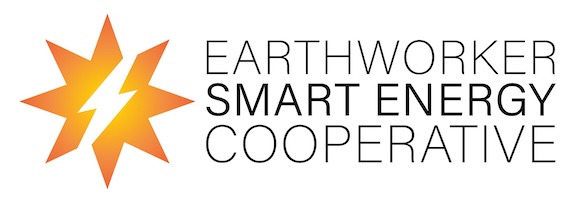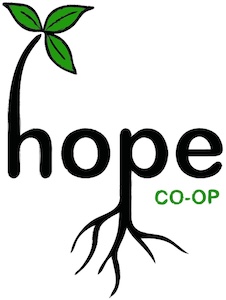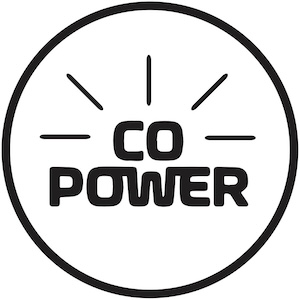Building better ways
Earthworker is working to create more sustainable, fair and democratic economies.
We are building a network of cooperative social enterprises that do socially & environmentally useful work.
Our growing network is creating dignified & unionised livelihoods, community empowerment and practical action for a safe climate.
We are a long-running grassroots community, union and environmental initiative.
Read on to join, get involved, donate, or to find out more about the products and services available from co-ops in the Earthworker network.
Our cooperatives are a grassroots response to economic inequality and climate change – together we are building resilient and sustainable communities, one worker-cooperative at a time.





We are committed to the cause of Treaty and just reconciliation in Australia – we recognise that country, located where we have initially established our co-operative, was unjustly taken from the traditional owners, the Kulin Nation of Wathaurong, Wurundjeri, Taungurung, Jaara, and Boon Wurrung peoples, and Gunaikurnai people, and we seek to take practical steps to further the cause of Treaty and justice for First Nations People across this continent.
